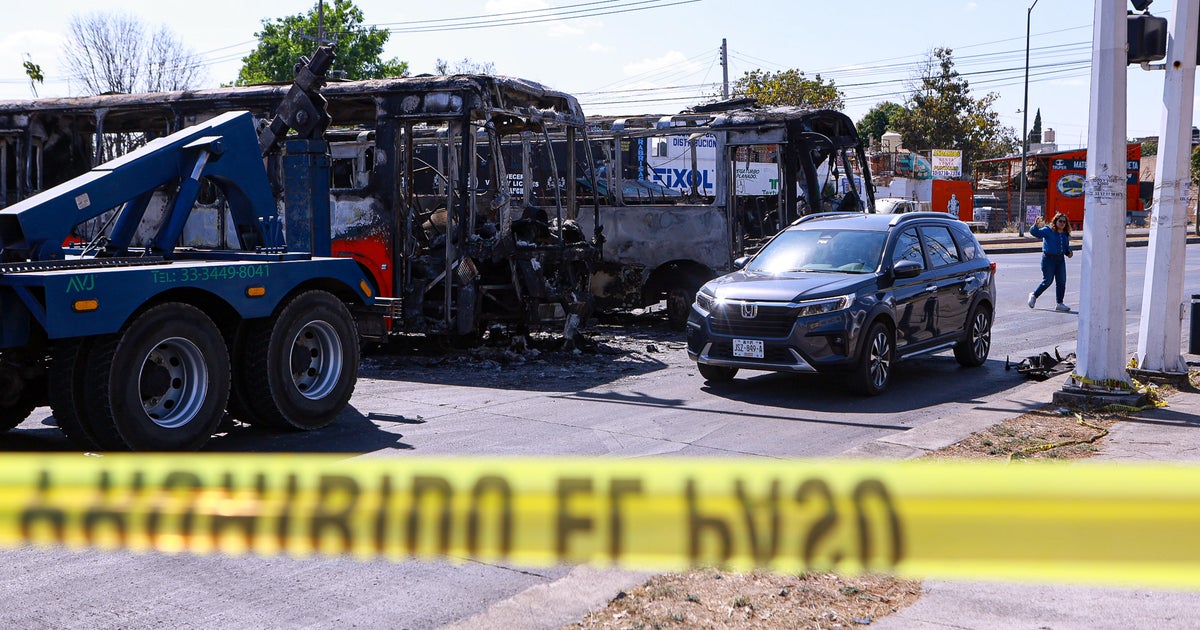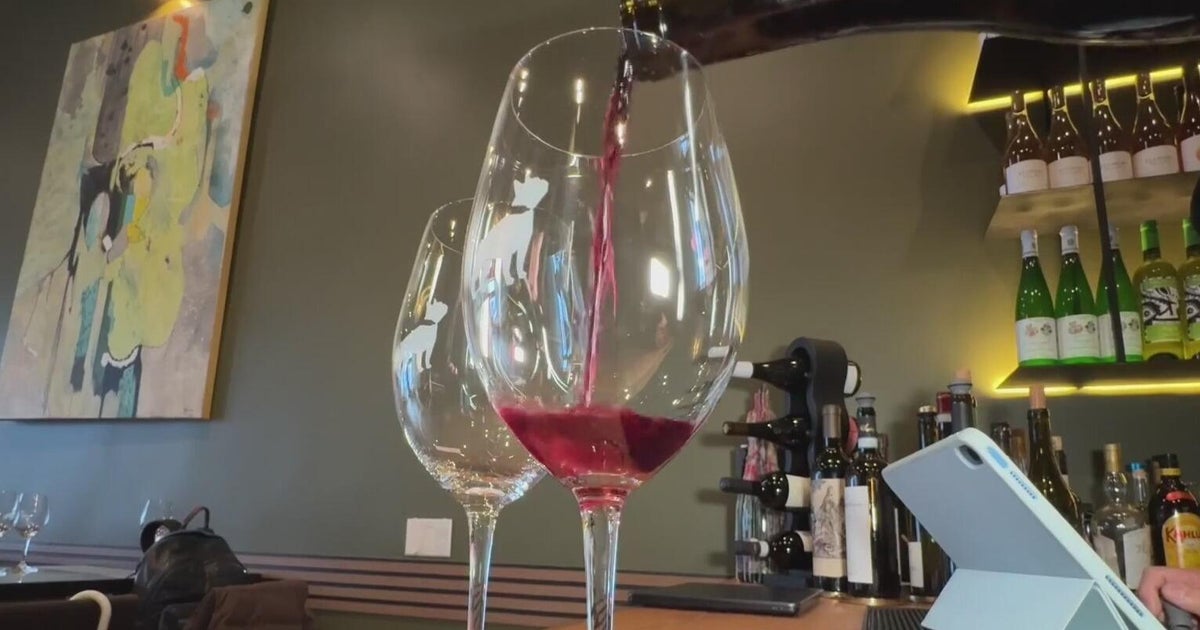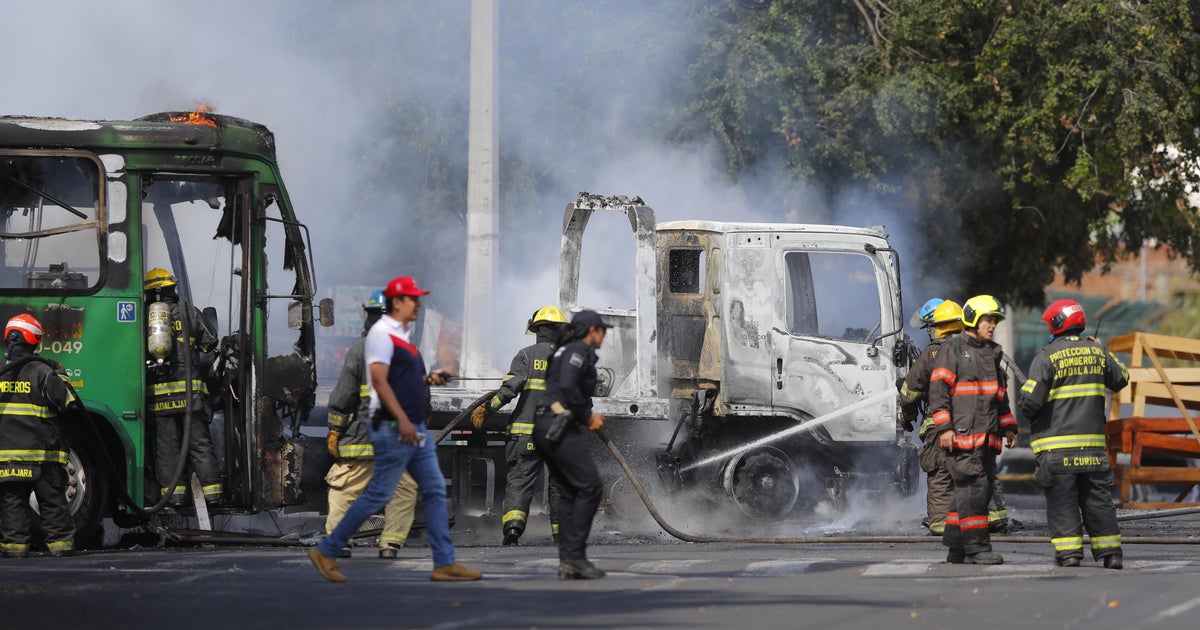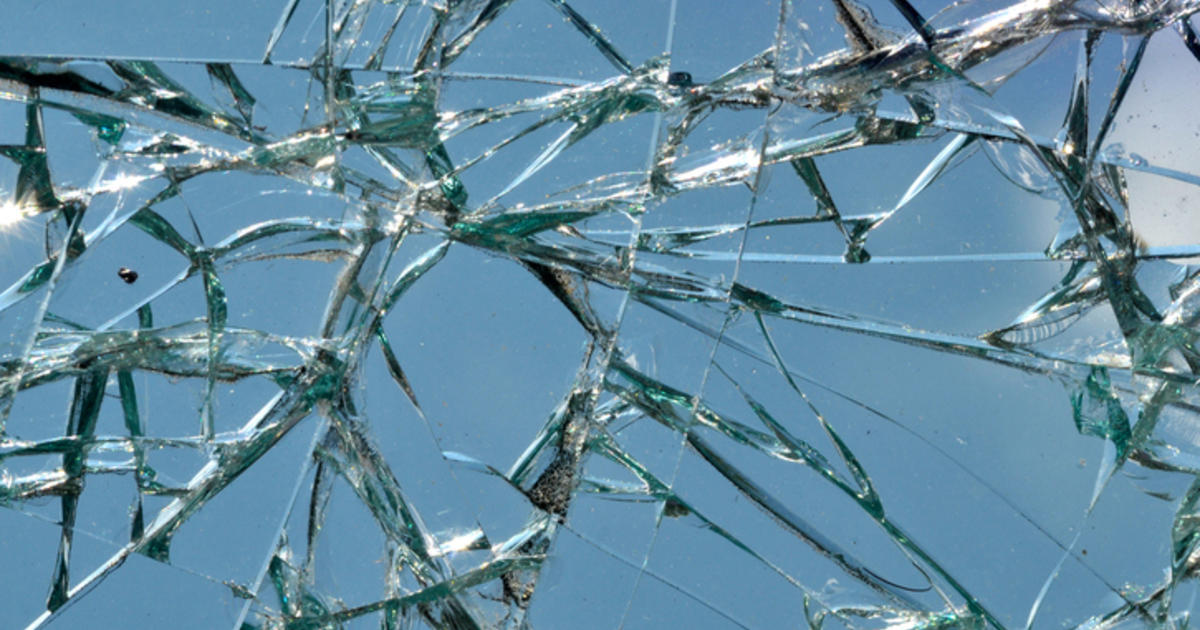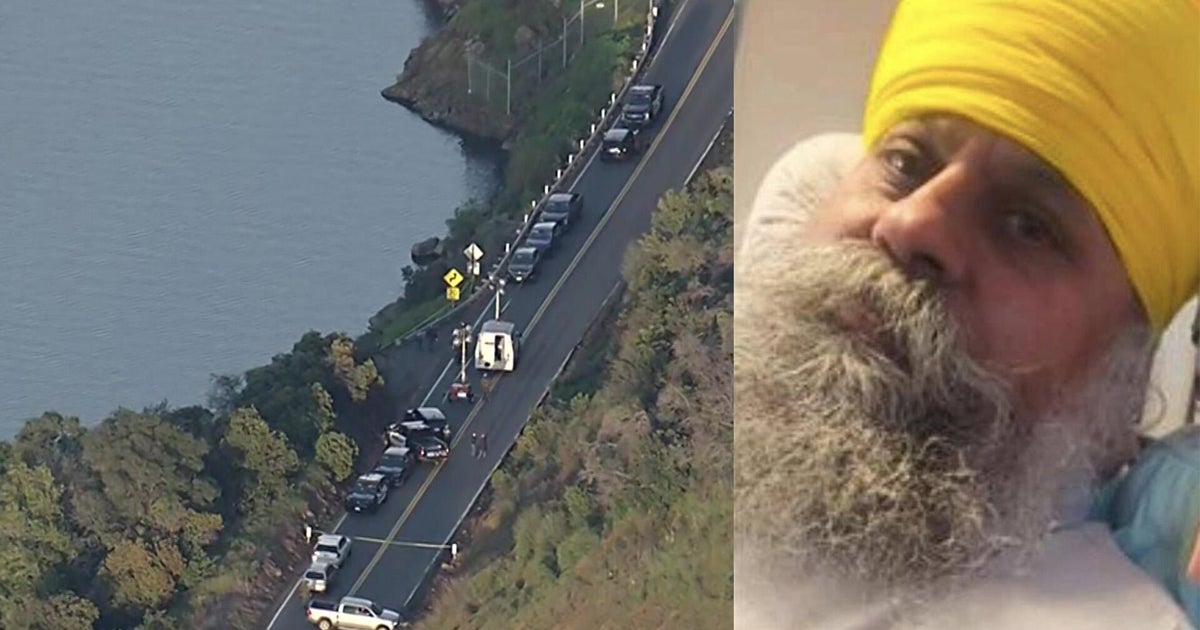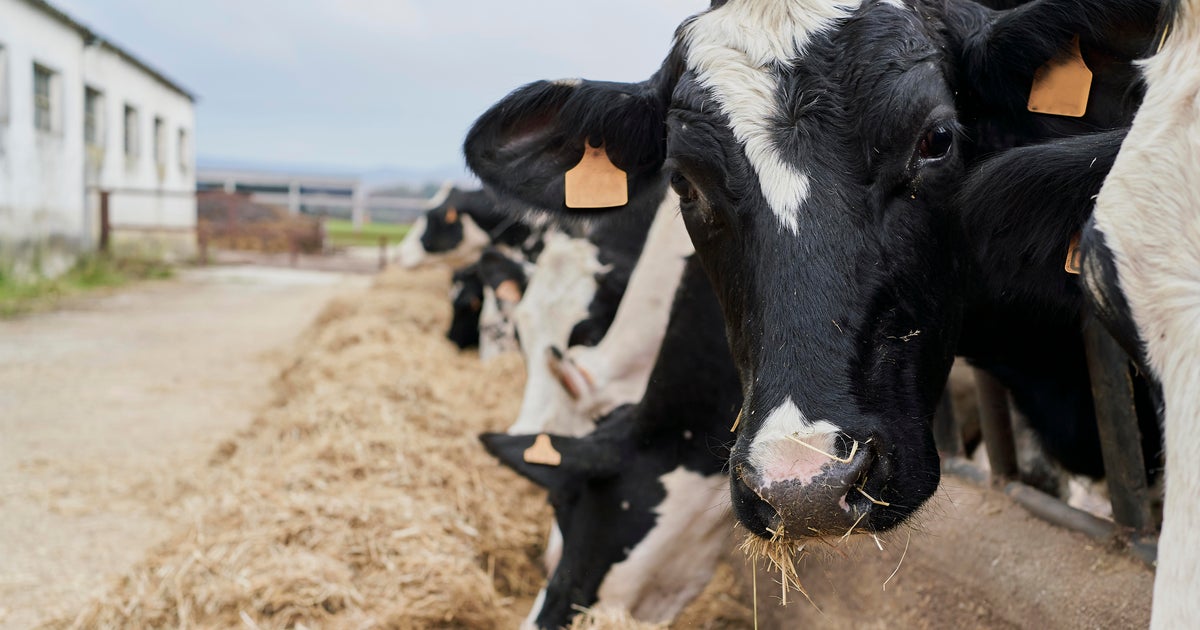Increased Bay Area Whale Deaths Come Amid Changing Animal Patterns, Record Ship Traffic
SAN FRANCISCO (KPIX 5) – In the past month, five whales have been found dead in, or just outside, San Francisco Bay. Most of them appear to have died after colliding with ships and that has scientists and government officials looking for ways to make the Bay safer for the giants of the deep.
The sheer number of whale deaths in such a short period of time does have scientists concerned, but it may just be a case of there being a lot more of everything out in the Bay right now.
The latest victim was a huge Fin Whale that washed up Friday near Fort Funston. Of the five dead whales discovered, three appear to have been hit by ships.
"We see blunt force trauma. It might be bleeding in the head region and then often we'll confirm it with fractured bones," said Dr. Tim Markowitz.
The whale specialist for the Marine Mammal Center in Sausalito says the huge animals have only recently been coming into the Bay itself.
Scientists believe they are spending more time near or inside the Bay because of a shift in thermal currents that sent their food supply closer to the shoreline. And now, they sometimes stay for weeks and actually feed inside the Bay, which never used to happen.
"This is something brand new in the last decade," said Dr. Markowitz. "So, it makes sense that we're all playing catch-up, figuring out how to go about our business, ideally in a way that doesn't harm these animals."
But that puts the whales in a crowded environment, especially now. Increased shipments, coupled with labor shortages during the pandemic, have caused a backlog of ships at the Port of Oakland, according to John Berge of the Pacific Merchant Shipping Association.
"And that is just a huge influx of cargo," he said, "unprecedented historically, that has basically overwhelmed the supply chain to handle that."
As a result, there are lots of ships in the Bay and more waiting outside to get in. So, when whales decide to stop for a visit, things can turn deadly.
The Monterey Marine Sanctuary is requesting that ships wait farther out to sea so they won't endanger wildlife.
Meanwhile, officials at the Greater Farallones National Marine Sanctuary they've been asking ships to slow to 10 knots when traveling near and inside the Bay.
"If a ship slows down, it gives the whale either time to move out of the way, or if there's an accidental strike to a whale, there's a higher likelihood the whale will survive if the ship is going slow," said sanctuary superintendent Maria Brown.
They're asking because there are currently no requirements. Even though most captains are cooperating, if the whale mortality continues at its current pace, regulators could decide to step in and force the issue.
Last week, the federal government designated the waters off California as essential habitat for the endangered Humpback Whale. That won't change anything immediately, but it could lead to protective policies in the future.
